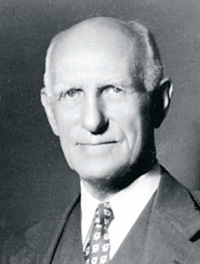A Quote by Howard Jacobson
There's a problem with narratives. Most that spring to mind are fictional.
Related Quotes
Poets and songwriters speak highly of spring as one of the great joys of life in the temperate zone, but in the real world most of spring is disappointing. We looked forward to it too long, and the spring we had in mind in February was warmer and dryer than the actual spring when it finally arrives. We'd expected it to be a whole season, like winter, instead of a handful of separate moments and single afternoons.
When you're training as an actor, a lot of the big work you're learning is to treat fictional characters like real people. You don't have the problem of discovering a backstory with real people, but there's always a mystery which is common to both fictional and factual characters. They are never quite the person you think they are.
Generally, I start by observing the existing and popular narratives in my social spheres and media, and the pressures I face in my own life experiences. As someone who is "newly" trans, I am constantly thinking about what the dominant narratives are around transness, how my work can push against these narratives, and how it already falls into these traps.
Life and death are nothing but the mind. Years, months, days, and hours are nothing but the mind. Dreams, illusions, and mirages are nothing but the mind. The bubbles of water and the flames of fire are nothing but the mind. The flowers of the spring and the moon of the autumn are nothing but the mind. Confusions and dangers are nothing but the mind.







































